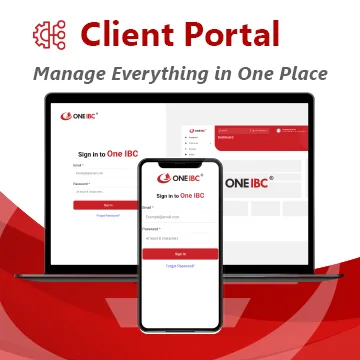2. Why is it so difficult to open a business bank account in the UK?
Opening a business bank account in the United Kingdom has grown increasingly complicated for a variety of different regulatory and economic reasons.
Among these is the stringent AML and KYC legislation. Due to this, it's obligatory on banks in the UK to conduct rigorous checks for validating the authenticity of a business and its owners. This involves volumes of paperwork, like identification proof, the nature of business, and source of funds. This process becomes more difficult if it's an international business or it involves a complex ownership structure.
Due diligence by banks also tightened, especially for companies operating in high-risk industries such as fintech or cryptocurrency, wherein businesses must disclose all essential information, including financial projections, contracts, and business plans, which may be quite demanding for a startup or small business venture.
Brexit has made things worse, especially for those having cross-border activities or with links in the EU. UK banks have become more wary due to the post-Brexit uncertainties, adding more and more layers of scrutiny for international applicants.
The second most important factor is risk aversion. In case of significant non-compliance with regulations, banks are forced to pay hefty fines. This makes them choosy while selecting customers and reject any startup or firm that does not have a past established performance.
To be sure, there were also complications arising from the time-consuming process of approvals. Opening a business account was taking weeks or even months, especially for non-residents, because of increased regulatory checks. The flood of applications has also kept the banks busy, which had been very choosy about granting applications.
Putting it in a nutshell, regulatory compliance and risk avoidance, Brexit, and long approval processes make it hard to open a business bank account in the UK, especially for small businesses or international ones.

































 Processing
Processing